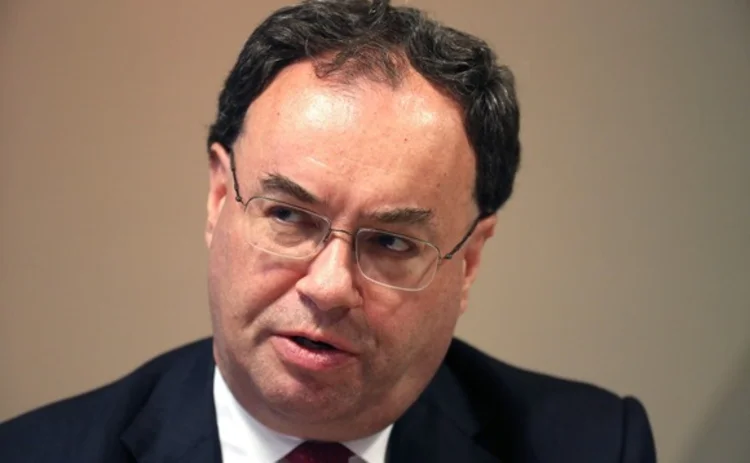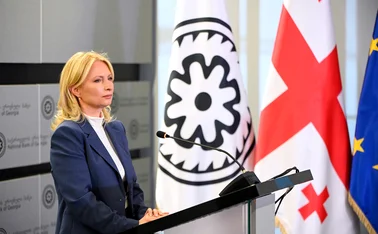
Andrew Bailey approved as Bank of England governor
Treasury Committee “satisfied” after grilling the outgoing FCA chief

Andrew Bailey has cleared the last obstacle to his appointment as Bank of England governor, after the Treasury Committee gave him its unanimous approval.
Bailey faced tough questioning from the committee in his appointment hearing on March 4. Lawmakers raised questions over his tenure as chief of the Financial Conduct Authority, a time when the regulator was forced to deal with several scandals.
Bailey argued he had taken on an institution that was struggling to adapt to its oversight responsibilities, which were much greater than its predecessor, the Financial Services Authority. He said he had worked hard to “overhaul” the FCA though there was still “more to be done”.
Since taking over in 2016, the FCA has had to cope with scandals such as the collapse of London Capital & Finance, which was found to have been selling “mini-bonds” to vulnerable members of the public.
“Things have happened during that period. Things have happened that I wish hadn’t happened,” Bailey said. “But we’ve had a huge task on our hands in rebuilding the organisation to take on that challenge.”
Bailey also noted some of the failings the FCA had been accused of fell outside its remit, and others pre-dated its existence, such as legal cases related to banks’ conduct during the 2008 crisis.
On March 5, the Treasury Committee said it was “satisfied” that Bailey “has the professional competence and personal independence” to be the next BoE governor. However, it said it would continue to keep a “close eye” on the FCA.
“We are clear that there is a gap between public expectations and the current powers and performance of the FCA,” the committee said.
Bailey will take over as governor on March 16, and has already been in contact with teams at the BoE and Treasury about possible responses to the coronavirus outbreak. During the hearing, he said one option under consideration was arranging a form of supply-chain finance to support firms disrupted by the virus.
On taking over, Bailey will go straight into deliberations for the next monetary policy decision. Policy-makers face additional pressure to act, as several other central banks worldwide, including the Federal Reserve, have eased monetary policy. The BoE’s decision will be unveiled on March 26.
Only users who have a paid subscription or are part of a corporate subscription are able to print or copy content.
To access these options, along with all other subscription benefits, please contact info@centralbanking.com or view our subscription options here: http://subscriptions.centralbanking.com/subscribe
You are currently unable to print this content. Please contact info@centralbanking.com to find out more.
You are currently unable to copy this content. Please contact info@centralbanking.com to find out more.
Copyright Infopro Digital Limited. All rights reserved.
As outlined in our terms and conditions, https://www.infopro-digital.com/terms-and-conditions/subscriptions/ (point 2.4), printing is limited to a single copy.
If you would like to purchase additional rights please email info@centralbanking.com
Copyright Infopro Digital Limited. All rights reserved.
You may share this content using our article tools. As outlined in our terms and conditions, https://www.infopro-digital.com/terms-and-conditions/subscriptions/ (clause 2.4), an Authorised User may only make one copy of the materials for their own personal use. You must also comply with the restrictions in clause 2.5.
If you would like to purchase additional rights please email info@centralbanking.com







